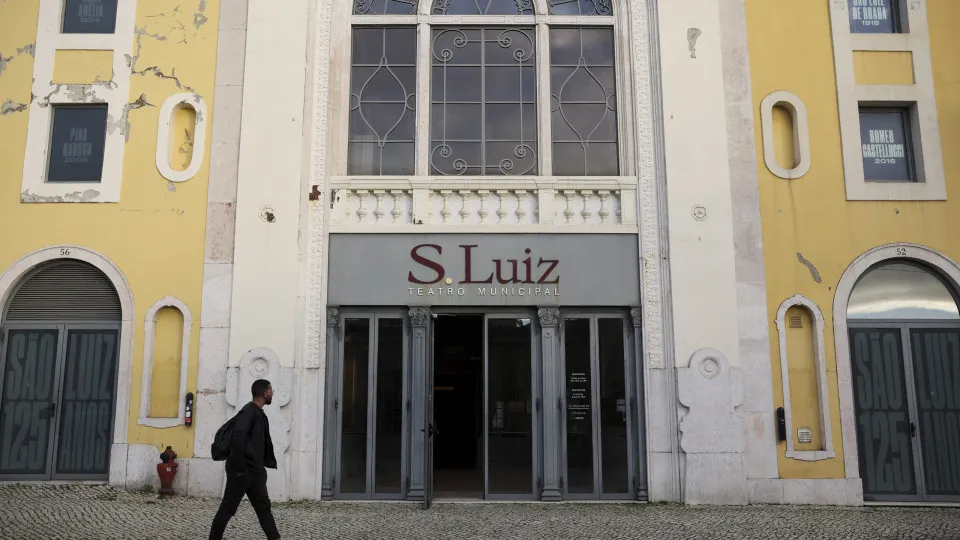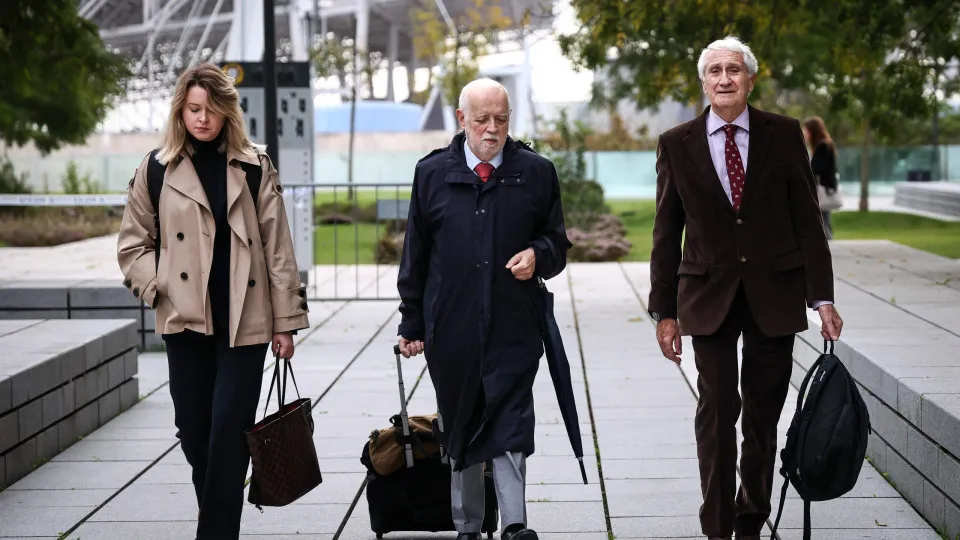A panel of judges at the Coimbra Court has sentenced a former lecturer from the Faculty of Letters at the University of Coimbra (FLUC) to one year and five months in prison for committing 15 counts of defamation, according to a court ruling reviewed by Lusa. The court acquitted the defendant of four additional defamation charges.
The suspension of the sentence for two years is contingent upon the former professor formally apologizing to the Public Prosecutor and the two judges involved in the case, along with a payment of 1,700 euros to the Montemor-o-Velho Fire Department, located in his place of residence.
The indictment outlines that the defendant repeatedly questioned the intellectual capabilities of the magistrates involved.
The panel of three judges emphasized that it was “blatantly false” to assert that none of the numerous emails sent by the defendant to the magistrates contained defamatory content. They noted that the lecturer engaged in a “crusade” against the aggrieved parties over several months.
“The defendant did not intend to, as he now claims, contest the legal ruling applied to him. If that had been the case, he would have confined himself to presenting and framing the legal issue he believed arose,” the judges stated. They included in the ruling excerpts from the various communications sent to the magistrates, in which he undermined their professional honor while asserting his superiority over them.
The Coimbra Court observed that, although the defendant claimed his communications sought justice, he wrote “endless lines merely intending to compare himself intellectually and socially with the magistrates.”
The panel also noted that the defendant, throughout the trial, failed to comprehend “the seriousness of his actions, instead persisting in the belief that his stance and actions were legitimate and correct, demonstrating notable arrogance and maintaining a discourse centered around himself and his alleged intellectual superiority — a fact evident in the communications (exceeding 700 pages) sent to the court.”
According to the ruling, the defendant did not express remorse, only regretting that the matter had resulted in judicial proceedings.
The case originated from a 2019 incident when the former lecturer was accused of coercion by a Public Prosecutor following an altercation with a neighbor in Montemor-o-Velho.
Disturbed by the Public Prosecutor’s attention to the case, he accused the prosecutor of shielding “riffraff” and allowing him to be “humiliated by two housemaids who barely know how to read,” as mentioned in one of the emails accessed by Lusa.
During the trial process, several communications from the professor to the prosecuting attorney and two judges surfaced, as noted in the prosecution’s account.
In 2022, in ten extensive communications (one extending to 132 pages), the academic repeatedly challenged the intelligence and capability of the magistrates, dared the prosecutor to take IQ tests, pointed out grammatical errors, and even questioned their literary tastes.
He expressed belief that one of the judges was “accustomed to the barren prose of the judicial system, likely the only one she appreciates,” deducing that “the judge’s literary taste likely leans towards detective novels and that genre which is a cross between tragedy and comedy, which is the law.”
In September 2022, he likened himself to a football star and the magistrates to referees.
“[Referees] can send them [football stars] off during a match, but they do not score the goals that thrill the stadium,” he emphasized.




